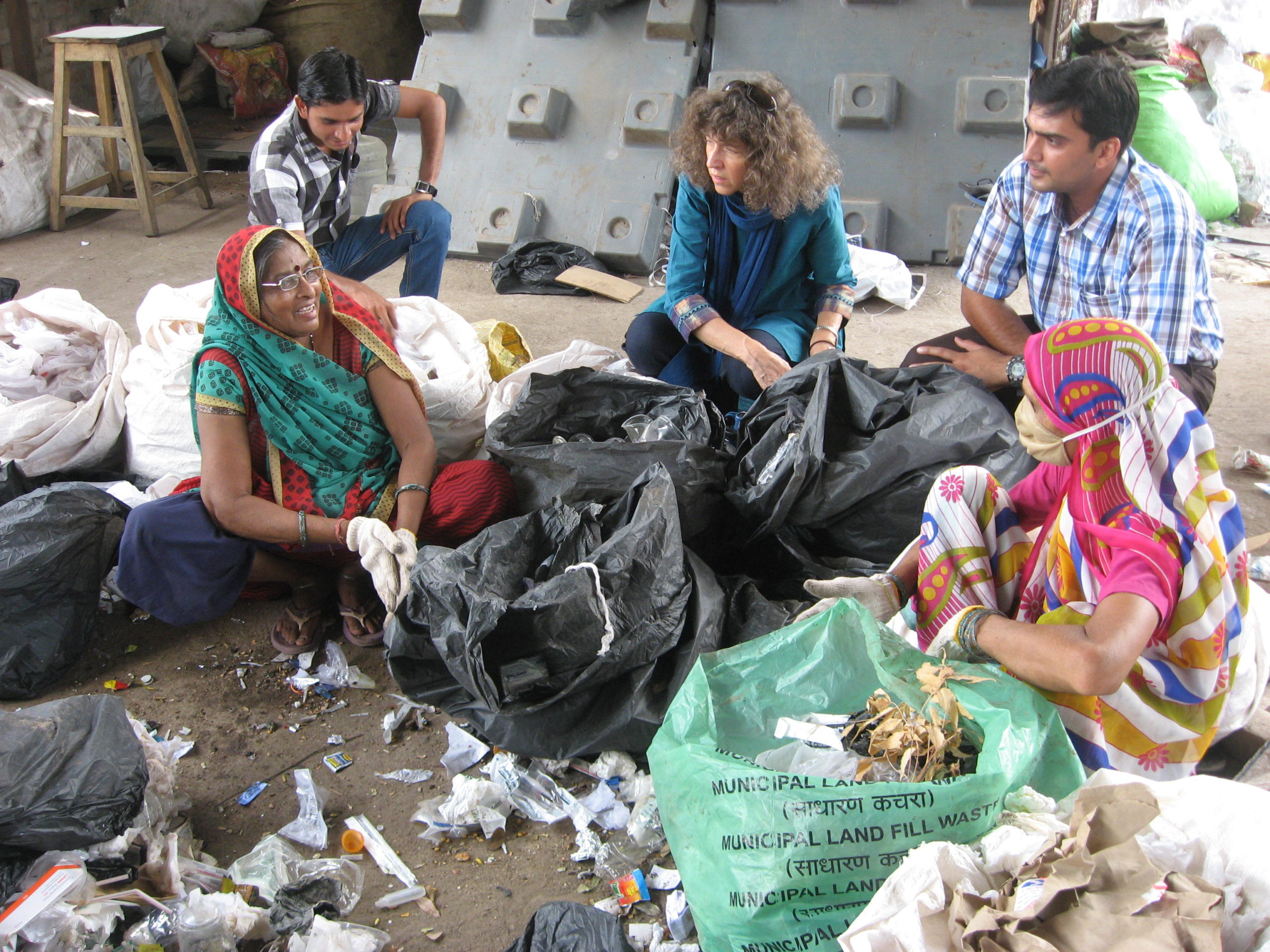I have had a number of interactions recently that have me thinking about how the appreciation of and sensitivity to other cultures, the basis for effective partnerships, is a practice. There’s an increasing focus on the ‘basics’ of cultural sensitivity, but less on the more in-depth approaches to an on-going practice of this skill set. Although training sessions, webinars, and other intensive periods are good, like with any other endeavor where we are training ourselves to do things differently, we get better the more we practice a skill and internalize it. Some approaches to cross-cultural interactions that can improve with practice:
- Reading the situation – When you are in a gathering with people of different cultures, observe the group for what is appropriate. What are others doing? Is there an open feel to the environment? Tension or discomfort?
Especially until you feel you have strengthened your instincts at reading multicultural environments, you may want to err on the side of caution – not assuming you understand things and diplomatically asking for clarifications. Although overtime you still want to be careful about making assumptions, your instincts should get stronger about what is appropriate in any given situation.
Knowing your audience or feeling that you can take an “educated guess”, can help you to make appropriate comments and make people more comfortable. A number of years ago a global organization I was the executive director for was having a major conference with over a thousand attendees (from many different countries and cultures) when a typhoon hit our convention location. Fortunately we didn’t have to cancel all of our events, but we had to make major modifications. One of my roles was to make regular announcements regarding the course of the typhoon and what it would mean to our events. Hoping to reduce the tension of the attendees I started each announcement with making jokes about being the “weather girl” or “typhoon reporter”. As I knew that most attendees would realize it wasn’t a role I had ever envisioned for myself and I was nervous as well, it helped to diffuse the tension for everyone.
- Making personal connections – small gestures of shared humanity, being genuine and sharing your own vulnerabilities or mistakes can send messages to those you are interacting with that you are interested in exploring a partnership based on mutual respect. Starting by observing and then honing your sense of how various personalities and/or cultures may react to different gestures, you can judge for example, as a colleague shared “when a light touch on an arm may or may not been appropriate” and when it (or similar small gestures) are welcome, how helpful they can be to opening up the communication channels.
- Be willing to stretch out of your own comfort zone and try new things – We all have probably heard (or have ourselves) many stories about being hosted by partners in different countries and eating things we might prefer not to, or doing things you would never do on your own. Be willing to try new things sends a strong message of respect to your host. And the more you stretch out of your own comfort zone, the easier it gets to do.
- It’s not about you – If you practice keeping your attention on those you are interacting with and focus on making them comfortable (“it’s not about you” ) this can also become easier over time and go a long way to building strong relationships. One colleague who spent many years working in Asia told me a story about how a difficult situation was approached when an event timing mistake was made. Knowing that ‘saving face’ would be the most important priority for her partner group, she was able to diffuse the situation and make everyone more comfortable with how the mistake was handled.
- Debriefing and applying your learning – After a meeting or interaction with people of other cultures, either analyze for yourself what went right and wrong vis a vis your reading non-verbal communication and other signals you may have been receiving, or ask a trusted advisor if possible, and identify what you need to do differently next time around. Like a concert or sports event you might participate in, or any other skill you need to practice, identifying and learning from your mistakes will also strengthen your skills in cross-cultural interactions.
What approaches do you consciously practice to strengthen your skills and instincts in multicultural environments? Thinking about what can make a potential or current partner, event attendees, or a global colleague most comfortable in a multi-cultural environment is something I try to keep front and center.

